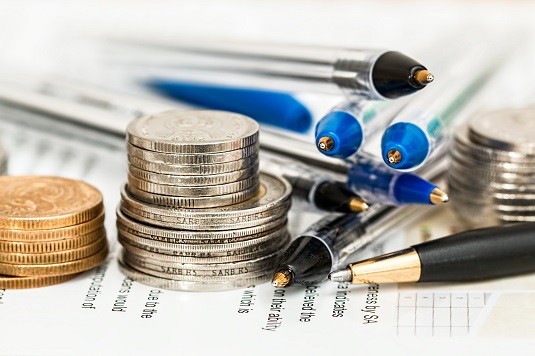
From October 1 2019 consumption tax is rose up 8% to 10%, and let’s review consumption tax system. 1. Overview consumption tax
The following domestic and import transactions, except for certain transactions deemed non-taxable, are subject to consumption tax. The consumption tax rate is 8% (inclusive of local consumption tax rate of 1.7%).
Domestic transactions: the transfer or rental/lease of assets or the provision of services as a business in Japan by an enterprise for consideration.
Import transactions: foreign cargo retrieved from a bonded zone
Financial transactions, capital transactions and certain transactions in the areas of medical care, welfare and education are deemed non-taxable. Export transactions and export-like transactions such as international communications and international transport are exempt from consumption tax.
Note: The consumption tax rate will increase to 10% (inclusive of local consumption tax rate of 2.2%) from October 1, 2019. A reduced consumption tax rate, however, will also be introduced at the same time. The reduced tax rate of 8% (inclusive of local consumption tax rate of 1.76%) will be applied to sales of food and beverages, except for alcoholic drinks and dining out, and sales of newspapers published more than twice a week (under subscription contracts).
2. Tax exemption for enterprises
Enterprises whose taxable sales*1 are 10 million yen or less for the base period*2 are exempt from consumption tax filing/liability (such enterprises are referred to as “tax exempt enterprises”). However, tax exempt enterprises can opt to be taxable by submitting an advance notification.
Tax filing/liability will not be exempt for certain corporations and enterprises, such as a newly established corporation with capital of 10 million yen or more, a newly established corporation whose capital is less than 10 million yen but is established by a group of enterprises whose taxable sales are more than 500 million yen with the group having more than a 50% stake (only for two years after the establishment, for either case), and an enterprise whose taxable sales*3 during the first half of last year or the previous fiscal year are more than 10 million yen.
*1 In the case where a corporation’s base period is not one year, the taxable sales during the base period are the amount obtained by prorating the balance during the below-mentioned base period in the prescribed manner.
*2 Base Period: The base period is the full accounting period two years prior to the current accounting year. A corporation may not have a full base period if it was a) newly established or b) changed its accounting period during the two-year prior period. The base period for such corporation is found by combining all accounting periods that commenced during this two-year prior period.
*3 Amount of salary paid can be used instead of taxable sales.
Consumption tax system to be changed in this time is more tricky than last time due to reduction tax rate.
For more details, please inquiry certified tax accountant, certified public account, or related government taxation office in your area.




